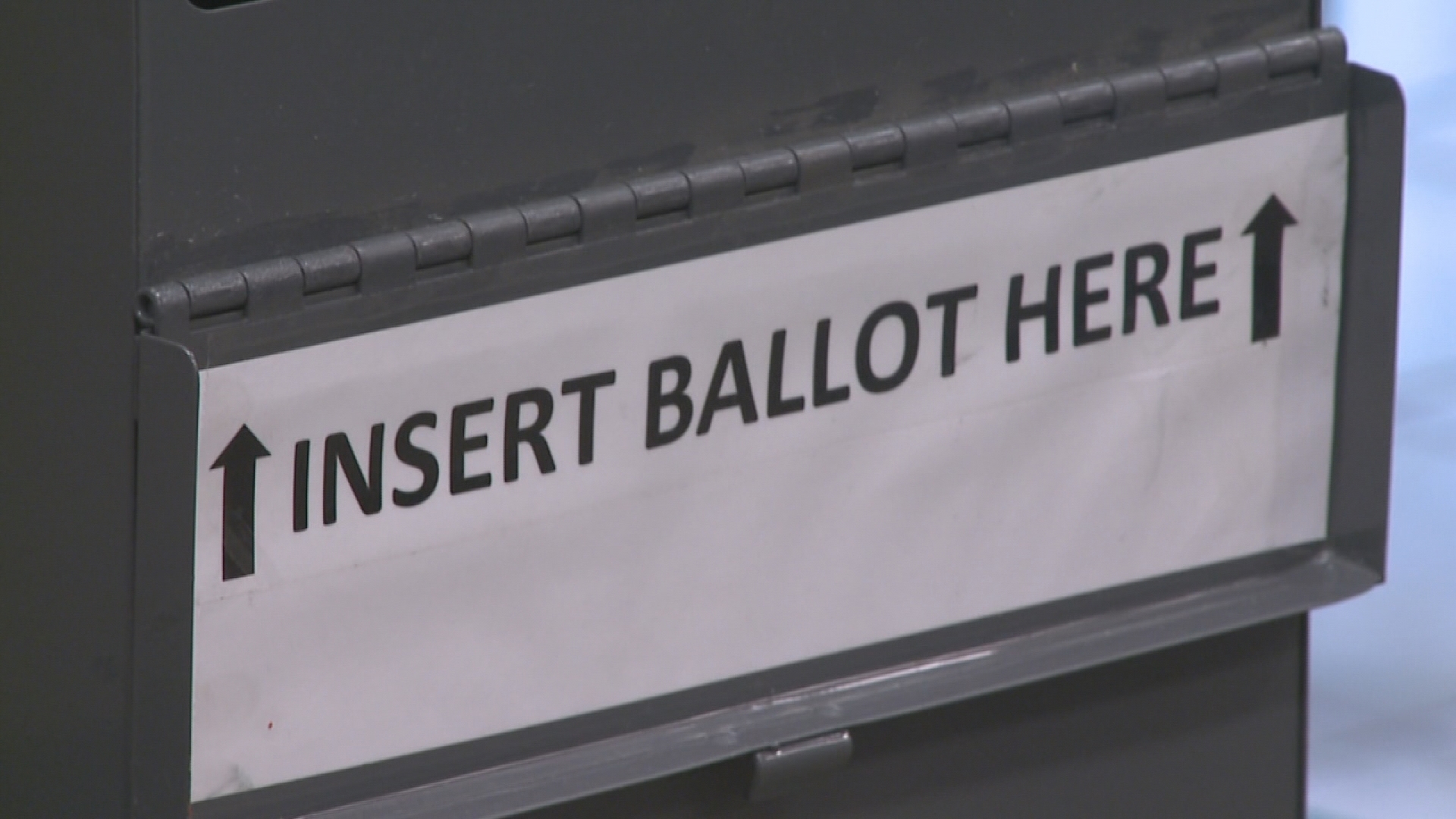DES MOINES, Iowa — Only 8.30% of registered voters in Iowa voted in the primaries this year. That’s down from 16.17% in 2022 and 24.52% in 2020.
That decrease might sound alarming at face value, but a Grand View University political science professor tells Local 5 that this actually isn’t indicative of any trend or cultural shift.
Dr. Bryan McQuide points to two reasons for the drop, one being 2020’s mail-in ballots.
During the start of the COVID-19 pandemic, anyone could send in an absentee ballot for that primary. In fact, Iowa's Secretary of State sent all registered voters an absentee ballot request form. Typically, you need to have an approved reason.
“That increased the turnout because it’s much more convenient," McQuide said.
Another reason? The types of races being voted on. In both 2020 and 2022, there were statewide elections on the ballot, including the races for governor and secretary of state.
“That gets the most media attention, that gets the most information to voters, there might be campaign ads, there might be flyers coming in their mailbox,” McQuide said.
Typically, only people who are super into politics vote in primaries, according to McQuide. Plus, Iowa has closed primaries. That means you have to be a registered Republican or Democrat to vote.
“If you’re an Independent, you’re excluded, unless you go to the primaries and say ‘Hey, I’m going to change my primary affiliation to Democrat or Republican,'" he said.
General elections get more publicity too. Plus, there’s more enthusiasm for races when the winner gets a seat in office.
In 2020's general election, 75.77% of registered voters in Iowa voted. In 2022's general election, 55.06% of registered voters in Iowa voted.
Low primary turnout isn’t unique to Iowa. It’s the norm across the country.
“When people don’t vote in these primaries, the more extreme voters and the voters with much more partisan views are determining who ends up winning the primaries," McQuide said.
That leads to more partisan candidates to choose from in the general election.
McQuide says it is possible that that downward trend could be mirrored in November’s general election due to the lack of enthusiasm for both candidates, but only time will tell.

